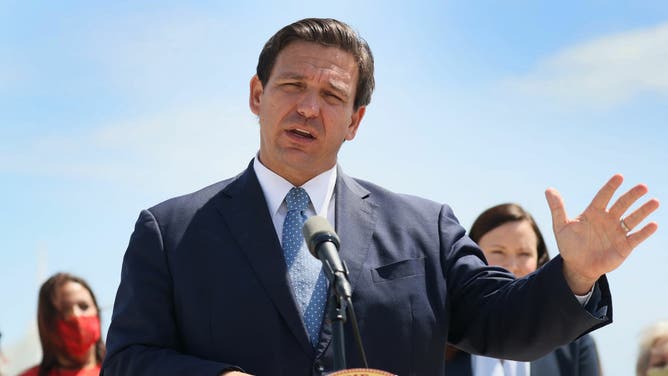Florida Governor Ron DeSantis Signs Sports Betting Compact, Setting Up Potential For Wagers By November

On May 25, Florida Governor Ron DeSantis signed five bills, which included CS/SB 2A - Implementation of the 2021 Gaming Compact Between the Seminole Tribe of Florida and the State of Florida. Governor DeSantis' signature pushes forward a 30-year plan that includes the Seminole Tribe paying the State of Florida $2.5 billion annually over the next five years and giving the Seminole Tribe the ability to launch sports betting as of October 15.
While this is a major step forward for sports betting in Florida, it is not quite the end of the road, and the October 15 date is not set in stone. The next step will be for the U.S. Department of the Interior to review the compact and either agree to its terms or reject it. Separately, there is the expectation that lawsuits may be filed in an effort to block the compact from becoming effective.
A group called No Casinos has led the charge in claiming that the compact between the Seminole Tribe and the State of Florida violates a 2018 amendment, referred to as the Voter Approval of Casino Gambling Initiative, which was approved by referendum by a vote of 71.47% in favor and 28.53% against. The amendment gave Florida voters the exclusive right to determine whether any expansion of casino gambling should be authorized, with some believing that the amendment's reach includes sports betting.
" expands gambling, because you’re going to be able to make sports bets at home and that’s not something you can do today," said Rep. Randy Fine (R-Brevard County), who voted to approve the compact. "Whether it expands gambling legally or illegally as defined by amendment 3, that’s a legal question that will be answered."
No Casinos has allegedly already threatened to challenge the compact in court, stating that allowing sports betting should be construed as an expansion of gambling and thus left to the voters to decide. If No Casinos gets its way, then sports betting would be tabled until 2022, when the question of whether to allow it within the State of Florida would be provided to voters by way of a referendum.
I have previously argued that Amendment 3 should not serve to block the Florida legislature from approving sports betting, as the legislature recently did by way of passing legislation concerning the compact with the Seminole Tribe. As I have noted, the amendment brought up by No Casinos did not expressly include sports wagering within the definition of casino gambling. My colleague Daniel Wallach has provided further depth on this particular issue.
Ultimately, it seems as though any court action intended to stop sports betting from being legalized based on the 2018 amendment will be futile. However, the Department of Interior still has an important role as to whether sports wagering becomes an option in or around October and, if so, whether it includes mobile wagering options. The Florida legislature previously recognized that there were questions surrounding whether the compact violated the Indian Gaming Regulatory Act (IGRA) by allowing people to wager through their phones and computers while not technically on tribal land (a requirement under IGRA), and sought to address that in a question-and-answer document prior to voting on whether to approve the compact. The argument laid out was that the wagers will be received by servers and devices at the Seminole Tribe's facilities, which are on Indian lands, and thus should be permitted under federal law.
The big question between now and October 15 is whether that theory will be supported by the Department of Interior and, if not, what that means for sports betting becoming legalized in Florida this year.